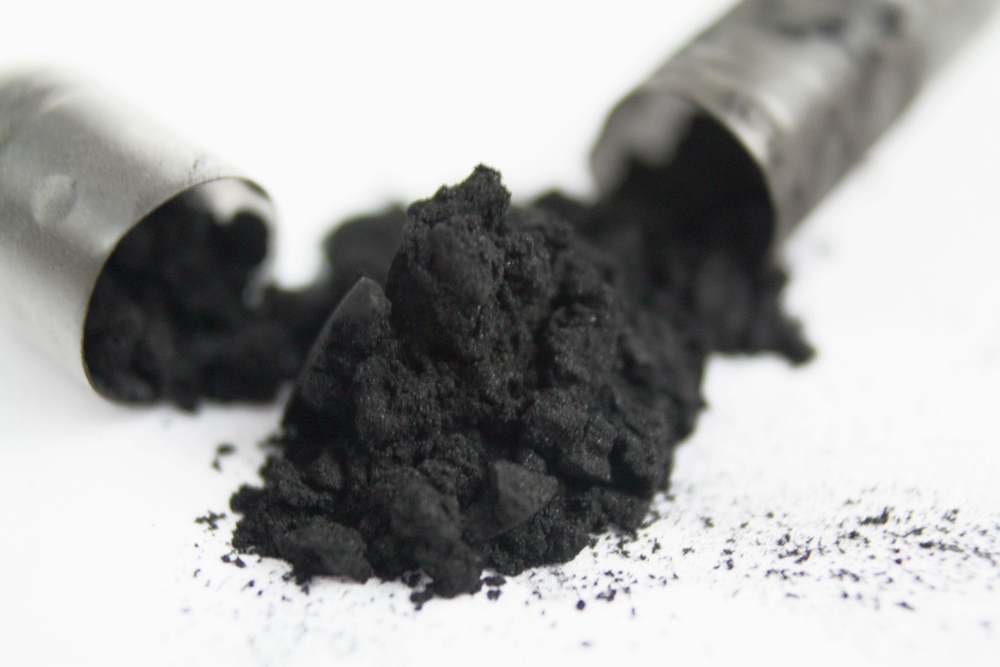As important as carbon black is to tire makers and other industries, carbon black dust can be a serious problem. Controlling it is essential.
The top concern is worker health. When exposure to carbon black dust exceeds OSHA regulations, workers can get seriously ill.
And when emissions become a public issue, operations can be shut down, as was the case with Continental Carbon Company at the end of 2022. More on that story below.
Furthermore, fugitive carbon black dust means product loss. It’s just another reason to make dust control a top priority, and specialty oil can help—as long as it’s the right oil.
Why Controlling Carbon Black Dust Matters: Continental Carbon Company
Continental Carbon’s story should be a cautionary tale for any industry that manufactures or handles carbon black.
The plant had been serving the rubber industry as a carbon black producer since 1936. Their troubles began in 2007 when a federal jury awarded plaintiffs $19.5M in damages resulting from emissions from the plant.
Complaints from local residents continued. Then, in 2022, the Alabama Department of Environmental Management found that the plant hadn’t made mandatory upgrades to its air pollution control systems.
The plant was forced to shut its doors on December 31.
This closure of a plant that had been an important part of the rubber supply chain, and the backbone of the local economy, was the result of not taking the proper precautions.
The Carbon Black Dust Problem
If you’re in operational management for a carbon black producer, or tire manufacturer, or handle this product on a daily basis, you understand the risks of worker and public exposure.
But for anyone in your company who isn’t already aware, carbon black dust is difficult to control because it’s extremely fine and easily inhaled.
The substance is very light compared with the density of other common industrial products and byproducts, such as aluminum powder.
- Carbon black = 1.3 g/cm3
- Aluminum powder = 3.95 g/cm3
If aluminum powder can be easily inhaled, raising several health concerns (such as the flu-like “metal fume fever” and eventual lung scarring), carbon black’s much lower density makes workers even more susceptible to inhalation.
And prolonged inhalation of carbon black dust poses even more serious health risks, including obstructive pulmonary disease and even cancer. This is why the Occupational Health and Safety Administration (OSHA) enforces strict exposure limits.
Secondary to health and environmental concerns is the business problem of losing valuable product to “fugitive dust.” One prevention-oriented solution to these concerns is the application of specialty oils.
Prevention through Specialty Oil
Similar to the way food-grade white oil can help control grain dust, other specialty oils can help keep carbon black dust under control.
(These specialty oils are applied to carbon black and should not be confused with carbon black oil, the oil from which carbon black is derived.)
By wetting and adhering carbon black particles together, specialty oils significantly limit the amount of fugitive dust, the risk of inhalation, and environmental exposure.
But not just any oil will do. Carbon black dust control oil must be formulated with the end product in mind. These needs will vary by industry and by product.
A specialty oil with the appropriate characteristics, such as viscosity or volatility, will not only provide dust control but assure it does not negatively impact the end products.
A few factors to consider include:
- Durability: Dust control oil must be properly formulated for the desired durability rating to avoid diminishing the effectiveness of carbon black as a strengthening agent.
- Safety: If the carbon black application involves high-temperature processing, the flash point and volatility of the oil are key to safe use.
- Purity: High-purity oils also eliminate concerns about the addition of sulfur, nitrogen, and aromatics to the carbon black.
Renkert Oil: Your Carbon Black Dust Control Specialists
At Renkert Oil, we love to solve unique problems in niches where not every base oil supplier operates. Carbon black dust control is one of those problems. We have custom solutions.
We do this for many industries that need specialty oils, such as food-grade and process oils, refined to exact specifications for a wide variety of applications.
Our customers find great value in working with us not only as suppliers but specialty oil consultants. To learn more about how we can support your team, contact us today.

